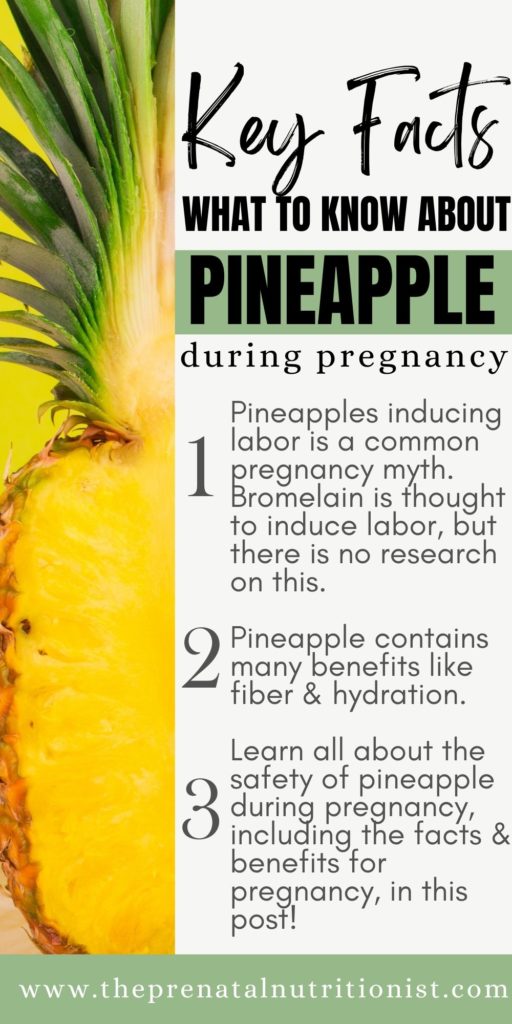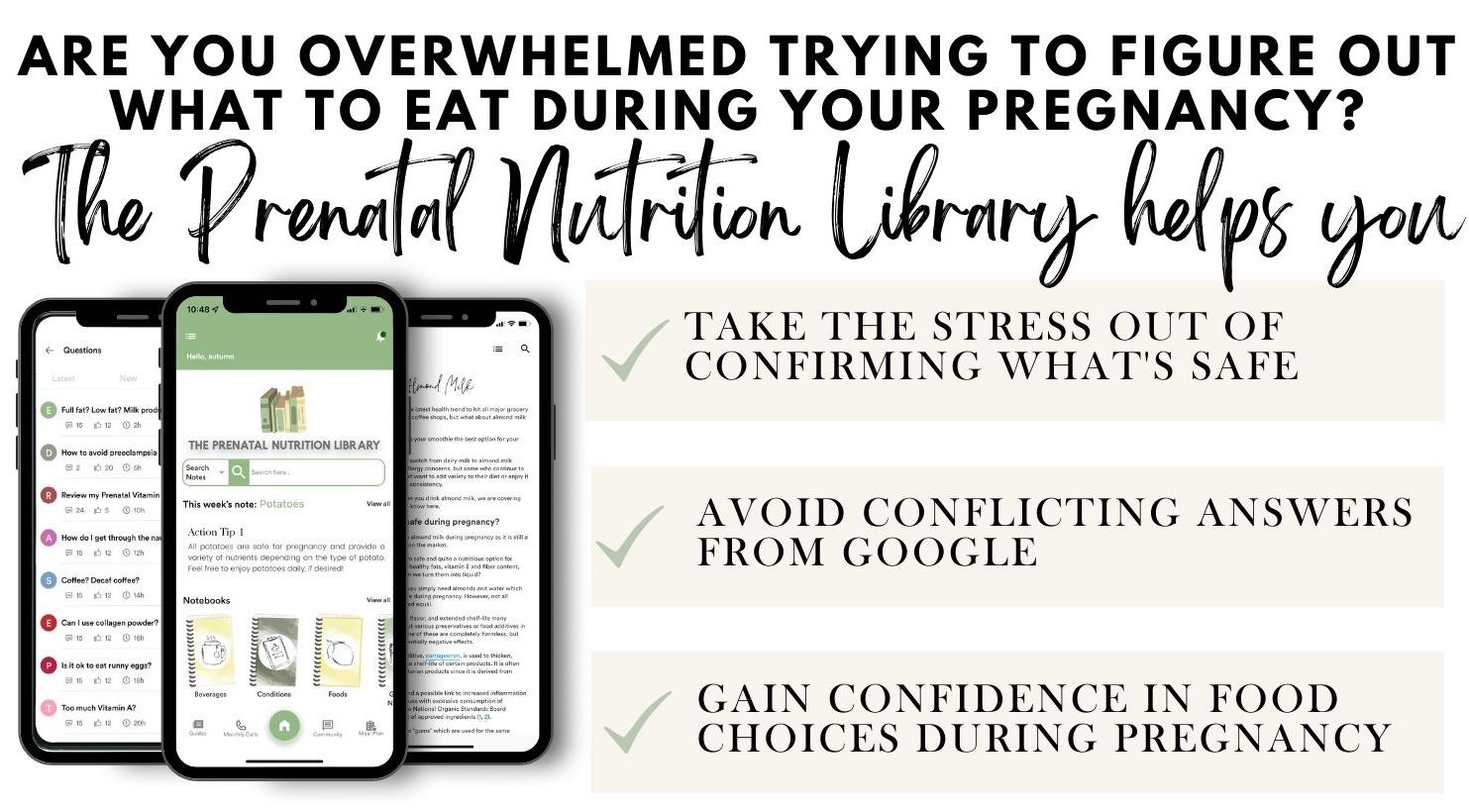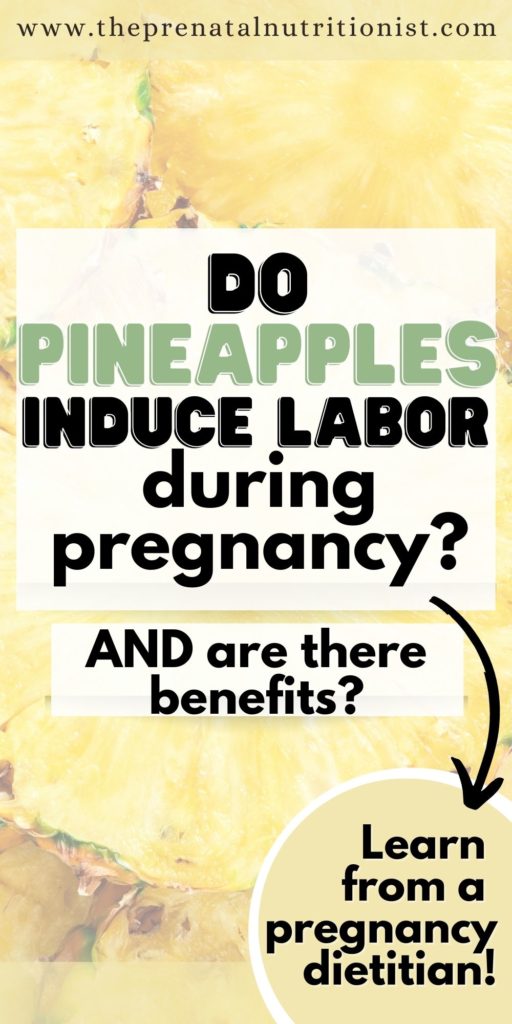 Amidst the sweet sunshine and tropical vibes of pineapple, is there a possibility to jumpstart your journey into motherhood? Well, the secrets of the pineapple-induced labor myth are spilling out, and I’m here to be your guide through this tantalizing maze of information!
Picture this: the scent of summer lingers in the air, and you’ve got that pregnancy glow that rivals even the sun’s brilliance. You’ve heard whispers of unconventional ways to nudge your little one’s arrival, and yes, one of them involves the delectable pineapple.
Now, let’s look at the science of it all. Nestled within the juicy goodness of pineapple is an enzyme named bromelain – a bit of a superstar in this tale. This enzyme is believed to hold the key to potentially coaxing those oh-so-crucial contractions into action. Intriguing, right?
Today, we’re rolling up our sleeves, peeling back the layers of truth, and diving headfirst into the depths of the pineapple phenomenon. Together, we’re about to explore whether this beloved tropical fruit can truly pull off the labor-inducing magic trick. So, let’s venture forth, shall we?
Buckle up because we’re about to embark on a journey of knowledge, bust some myths, and empower you with the insights you deserve. Let’s get started!
Amidst the sweet sunshine and tropical vibes of pineapple, is there a possibility to jumpstart your journey into motherhood? Well, the secrets of the pineapple-induced labor myth are spilling out, and I’m here to be your guide through this tantalizing maze of information!
Picture this: the scent of summer lingers in the air, and you’ve got that pregnancy glow that rivals even the sun’s brilliance. You’ve heard whispers of unconventional ways to nudge your little one’s arrival, and yes, one of them involves the delectable pineapple.
Now, let’s look at the science of it all. Nestled within the juicy goodness of pineapple is an enzyme named bromelain – a bit of a superstar in this tale. This enzyme is believed to hold the key to potentially coaxing those oh-so-crucial contractions into action. Intriguing, right?
Today, we’re rolling up our sleeves, peeling back the layers of truth, and diving headfirst into the depths of the pineapple phenomenon. Together, we’re about to explore whether this beloved tropical fruit can truly pull off the labor-inducing magic trick. So, let’s venture forth, shall we?
Buckle up because we’re about to embark on a journey of knowledge, bust some myths, and empower you with the insights you deserve. Let’s get started!
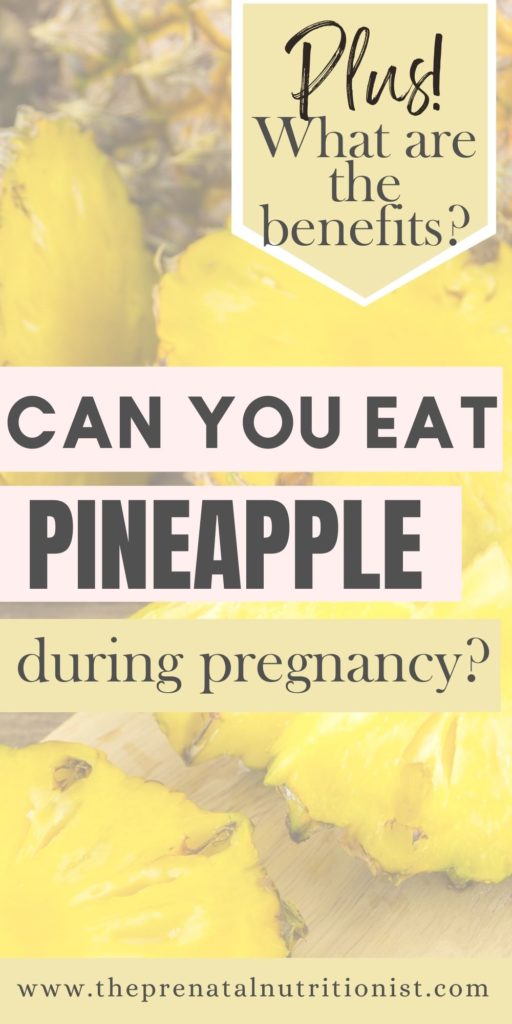
Do Pineapples Induce Labor?
Alright, let’s start by addressing the burning question that you’re probably already asking. First, The Prenatal Nutrition Library App is a searchable database on all things pregnancy nutrition, including guidance and clarification on myths about pineapple during pregnancy so that you will have clear answers within seconds from real experts (pregnancy dietitians). Okay, so pineapple is thought by many to be unsafe during pregnancy because it contains bromelain. Bromelain is said to induce labor and lead to uterine contractions. However, before you avoid it or grab a crate of pineapple at the end of pregnancy to induce labor, let’s dive into a few key insights. The idea of eating a truckload of pineapples to usher in labor at the end of pregnancy might sound intriguing, but here’s the catch: research does not support this as an effective usage of pineapple. Research suggests that the bromelain is broken down during digestion, making pineapples very safe to eat during pregnancy. As you edge closer to that magical due date, it’s important to remember that your body is already hard at work preparing for the grand finale. While attempting to induce labor a bit earlier might seem tempting, there’s not much we can do. Babies (and our bodies) have their own timelines and know when they are ready to make an appearance… most of the time!Pineapples won’t cause you to go into labor, but that doesn’t mean you need to avoid them.
Let’s acknowledge their nutritional goodness. Packed with vitamins, minerals, and that delightful burst of sweetness, pineapples are a scrumptious addition to your prenatal diet. Enjoying fresh pineapple is a good way to incorporate it into your diet. It is higher in natural sugar, so best to enjoy it in moderation. Eating pineapple is not a labor-inducing method, but are there other natural methods you can explore? Try staying hydrated, do gentle exercises, and make use of recommended relaxation techniques.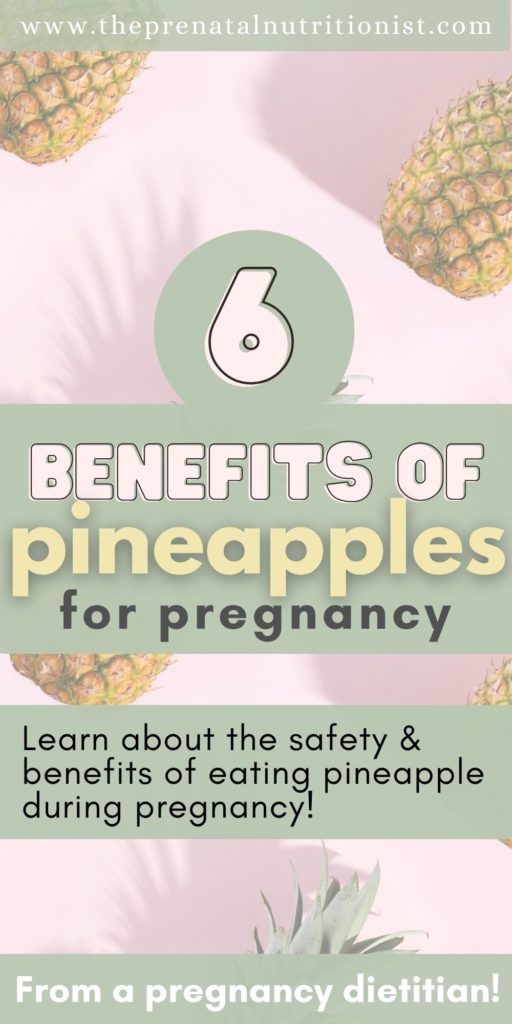
Pineapple Benefits For Pregnancy
Good Source of Folate
Folate is actually a B vitamin, vitamin B9. It is an essential nutrient for both preconception and pregnancy. It is best known for its crucial role in the prevention of neural tube defects. Folate also helps your body make new DNA, creates building blocks for proteins, and plays a role in vitamin metabolism. You can learn more about folate for pregnancy inside The Prenatal Nutrition Library here.Source of Other Essential Nutrients
Pineapple isn’t just about sweet tropical flavor; it’s a nutrient-dense fruit choice. Bursting with vitamins like vitamin C, which supports immune health and collagen formation, pineapple also includes small amounts of several other essential nutrients. Magnesium, vitamin B6, calcium, and potassium are among the vitamins and minerals that are found in pineapple. These nutrients contribute to a healthy pregnancy! Are you getting all the nutrients you need during pregnancy? Here are some tips on what to look for in prenatal vitamins and the 10 nutrients that pregnant women need.Morning Sickness Relief
Pineapple contains small amounts of vitamin B6, which may help to curb symptoms of morning sickness. While it’s thought that the natural digestive enzymes found in pineapple could also help with morning sickness, there’s research to support this.
Great Source of Vitamin C
The amount of vitamin C in pineapple has antioxidant benefits that help support your immune health and keep you healthy. Combining vitamin C-rich foods with iron foods helps to improve the absorption of iron, too.Helps to Stay Hydrated
Staying hydrated is crucial, and pineapple can play a delicious part in achieving that goal. With its high water content, biting into a juicy pineapple slice can be a delightful way to support hydration and meet fluid needs. A refreshing and nutritious choice to beat the heat. For more ways to stay hydrated during pregnancy, click HERE.Provides a Boost of Dietary Fiber
Fiber is the unsung hero of a well-balanced diet, and pineapple is here to provide a boost of this essential nutrient. Packing a good amount of dietary fiber, this fruit can help promote a feeling of fullness and satiety. Moreover, fiber supports your digestive system, contributing to regular bowel movements and overall gut health. Pineapple has about 2.5 grams of fiber per cup. For other fiber-rich foods to incorporate during pregnancy, click HERE.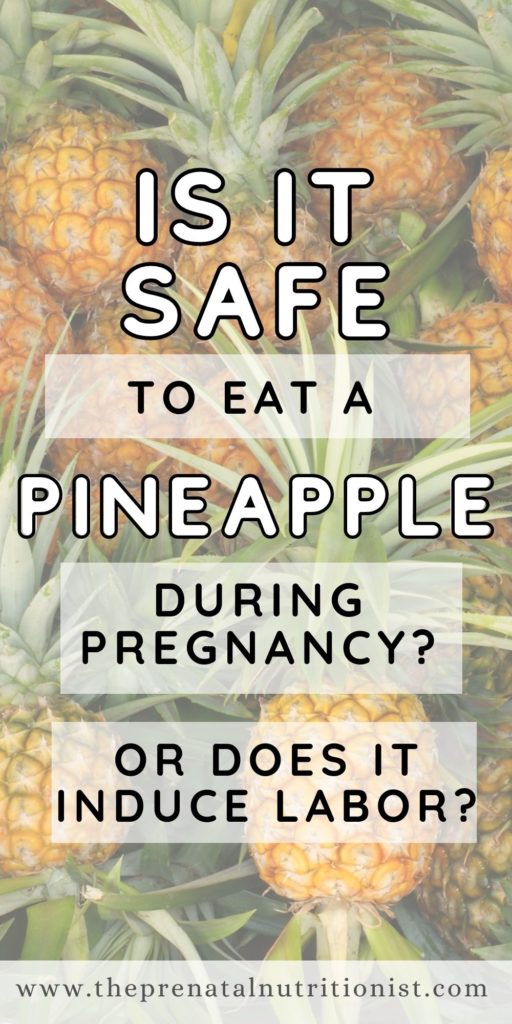
Pineapple is both a safe and nutritious fruit option to eat throughout every trimester of pregnancy.
Eating pineapple to induce labor at the end of pregnancy is a common old wives’ tale, but there is no evidence to support this. Pineapple is a great fruit option that can be incorporated into a well-balanced diet rich in nutrients to support your overall health and the health of your baby. We encourage pairing fruit, like pineapple, with a source of protein or fat to support better blood sugar balance, like cottage cheese or Greek yogurt, especially if you have gestational diabetes. Rest assured, dried fruits, like apricots, dates, and prunes, are okay for pregnancy, too. Dried fruits are delicious and can be a good source of nutrients that are beneficial for you and your baby. Check out the best-dried fruits for pregnancy to learn more! To learn more about how nutrition can support mom and baby during every step of your pregnancy journey, sign up for The Prenatal Nutrition Library (TPNL). We offer tips and strategies to combat and manage common pregnancy symptoms like nausea, aversions, heartburn, and so much more. For a sneak peek at what our meal plans look like, grab my FREE 1-week meal plan for pregnancy or download The Prenatal Nutrition Library app on Apple or Android! You can also check out my blog for more valuable info on supporting your pregnancy with proper nutrition. See you there!